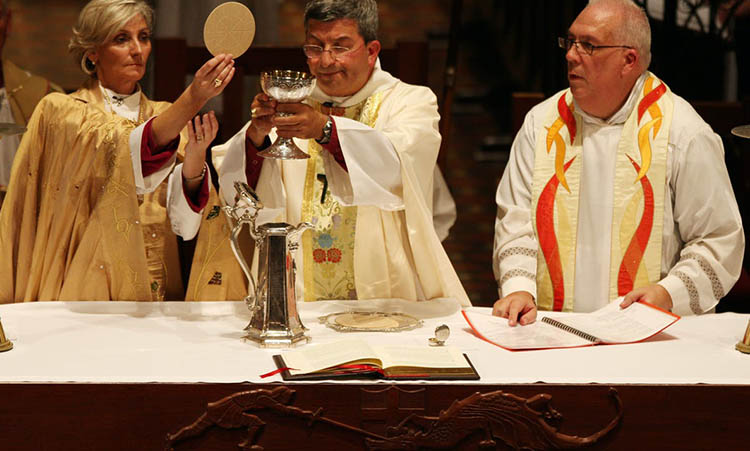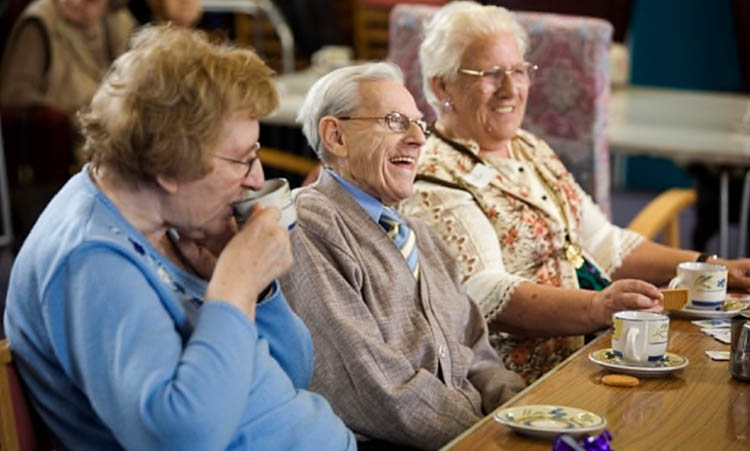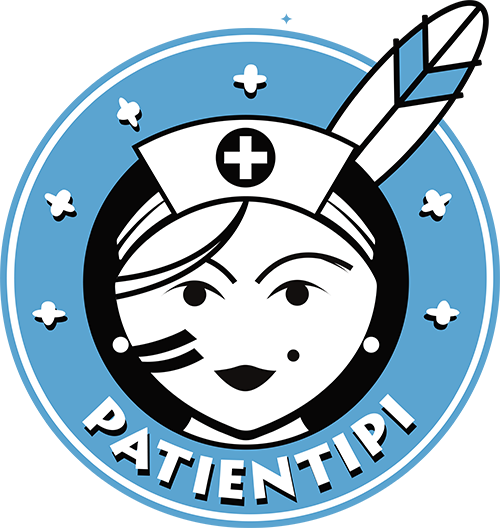United Kingdom
Dear fellow caregivers,
You have a patient from the United Kingdom.
Here is a list of useful information to know in the context of their medical care.
General Information
Distance Paris – – – – > – – – – – London: 291 miles
66 million inhabitants / Average salary: $3444 per month
Literacy rate: 99% / Life expectancy: 81 years
Spoken Language : English
Communication

● The British prefer to avoid conversations about so-called taboo subjects such as politics or money. They also make it a point of honor to be conciliatory.
● The British appreciate punctuality, and not being early or late.
Beliefs, Practices & Rituals

● The United Kingdom is officially not a secular country but advocates freedom of conscience and worship.
● In the United Kingdom, although religion is becoming less and less important, many consider themselves Anglican Christians.
● All the major religious communities (Christianity, Islam, Judaism, Buddhism, Hinduism) are present in the United Kingdom.
Eating habits

● In England, copious breakfasts are usually taken on weekends. They consist of beans in sweet tomato sauce, toast and sausages.
● English people easily eat sandwiches and prepared dishes for lunch.
● Tea is the most popular drink in the UK.
Pregnancy and motherhood

● In the United Kingdom, it is allowed to keep the placenta after childbirth.
● The term date is calculated at 40 weeks of amenorrhea.
End-of-life care

● The United Kingdom is one of the most developed countries in terms of palliative and end-of-life care.
● In the UK, euthanasia and assisted suicide remain prohibited. However, judicial approval is no longer required to end the care of a patient in a permanent vegetative state.
● Fewer and fewer people die at home.
● There are “chapels of rest” in the United Kingdom. This is an option for people who are unwilling or unable to keep the body of the deceased at home before burial.
● Hospital chaplains offer spiritual care and guidance to patients and their loved ones. The Chaplain encourages and supports people of all religions and beliefs with whom he is familiar.
● In the United Kingdom, anyone is considered an organ donor unless they have expressed their refusal before death. However, the final opinion of the family of the deceased always takes precedence.
Examples
This section allows us to share experiences. Feel free to share yours with the community.
Sources :
La Route des Langues – Les bonnes manières britanniques
Marianne.net – Fin de vie : le Royaume-Uni autorise médecins et familles à prendre des décisions sans la justice
TopSanté.com – Soins de fin de vie : le Royaume-Uni en tête du classement
Oxford University Press (encyclopedia.com) – Funeral Practices: British Customs
Mayo Clinic College of Medecine and Science – Hospital Chaplain
NHS organ donation – What is the opt out system?
